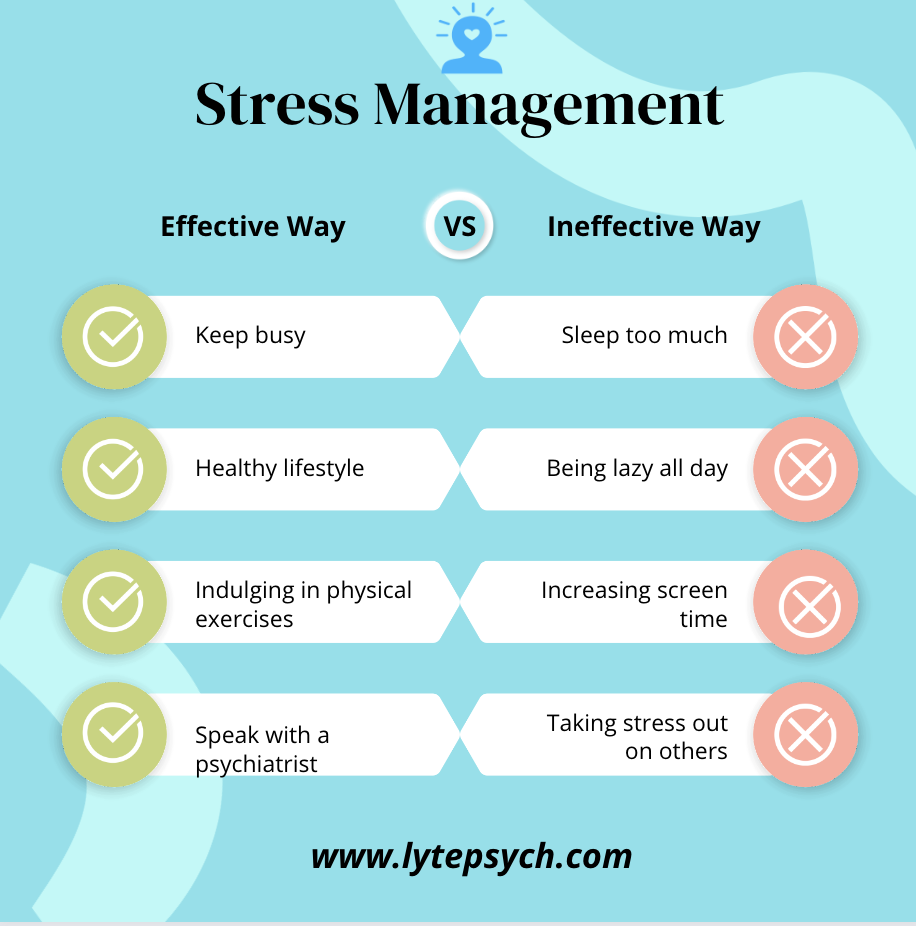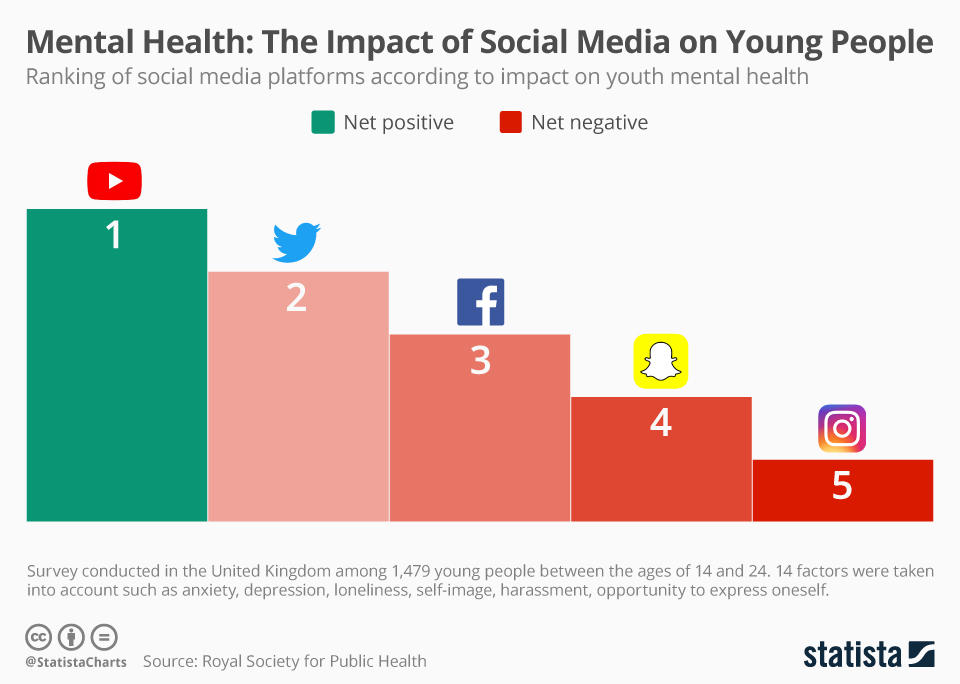Introduction
Stress is a natural response to life’s challenges, but when it becomes chronic, it can have serious negative effects on our physical and mental health. It’s essential to develop effective stress management strategies to maintain a sense of well-being and prevent stress from taking over our lives. In this article, we’ll explore various techniques and practices that can help you reduce stress and lead a healthier, more balanced life.
Understanding Stress
Before we delve into the strategies, it’s crucial to understand what stress is and how it affects us. Stress is the body’s response to any demand or threat, whether real or perceived. When we encounter stressors, our bodies release hormones like cortisol and adrenaline, preparing us for a fight-or-flight response. While this response can be helpful in dangerous situations, prolonged exposure to stress can be detrimental.
Chronic stress has been linked to a range of health issues, including cardiovascular problems, weakened immune function, and mental health disorders such as anxiety and depression. Therefore, managing stress is not just a matter of comfort but a necessity for overall well-being.
Effective Stress Management Strategies
- Mindfulness Meditation
Mindfulness meditation is a powerful technique for reducing stress and promoting mental clarity. It involves paying attention to the present moment without judgment. By focusing on your breath, bodily sensations, or even the sounds around you, you can train your mind to stay in the present rather than dwelling on past regrets or future worries.
Research has shown that regular mindfulness meditation can reduce stress levels, lower anxiety, and improve overall emotional well-being. You can start with just a few minutes of mindfulness meditation each day and gradually increase the duration as you become more comfortable with the practice.
- Exercise Regularly
Physical activity is a natural stress reliever. When you engage in exercise, your body releases endorphins, which are natural mood lifters. Exercise also helps you release pent-up tension and improves your overall physical health.
You don’t need to become a marathon runner to experience the benefits of exercise. Even a daily brisk walk, yoga session, or a few minutes of stretching can make a significant difference in managing stress. Find an activity you enjoy and make it a regular part of your routine.
- Practice Relaxation Techniques
There are various relaxation techniques that can help you unwind and reduce stress. Some popular options include deep breathing exercises, progressive muscle relaxation, and guided imagery. These techniques can help you release muscle tension, calm your mind, and lower your heart rate.
You can integrate relaxation techniques into your daily life by setting aside a few minutes each day to practice them. Whether it’s during a break at work or before bedtime, these techniques can provide immediate relief from stress.
- Maintain a Healthy Lifestyle
A healthy lifestyle can significantly impact your stress levels. Pay attention to your diet, ensuring you consume a balanced mix of nutrients. Avoid excessive caffeine and sugar, as they can exacerbate feelings of anxiety. Adequate sleep is also crucial for stress management, so aim for 7-9 hours of quality sleep each night.
Additionally, be mindful of your alcohol and tobacco consumption. These substances can temporarily mask stress but can ultimately make it worse in the long run. Opt for healthier coping mechanisms like engaging in hobbies, spending time with loved ones, or seeking professional help when needed.
Conclusion
Stress is a part of life, but it doesn’t have to control your life. By implementing these effective stress management strategies into your daily routine, you can significantly reduce stress and improve your overall well-being. Remember that what works best for you may vary, so don’t hesitate to try different techniques and tailor your stress management approach to suit your individual needs. With patience and consistency, you can regain control over your life and lead a more balanced, peaceful existence.




